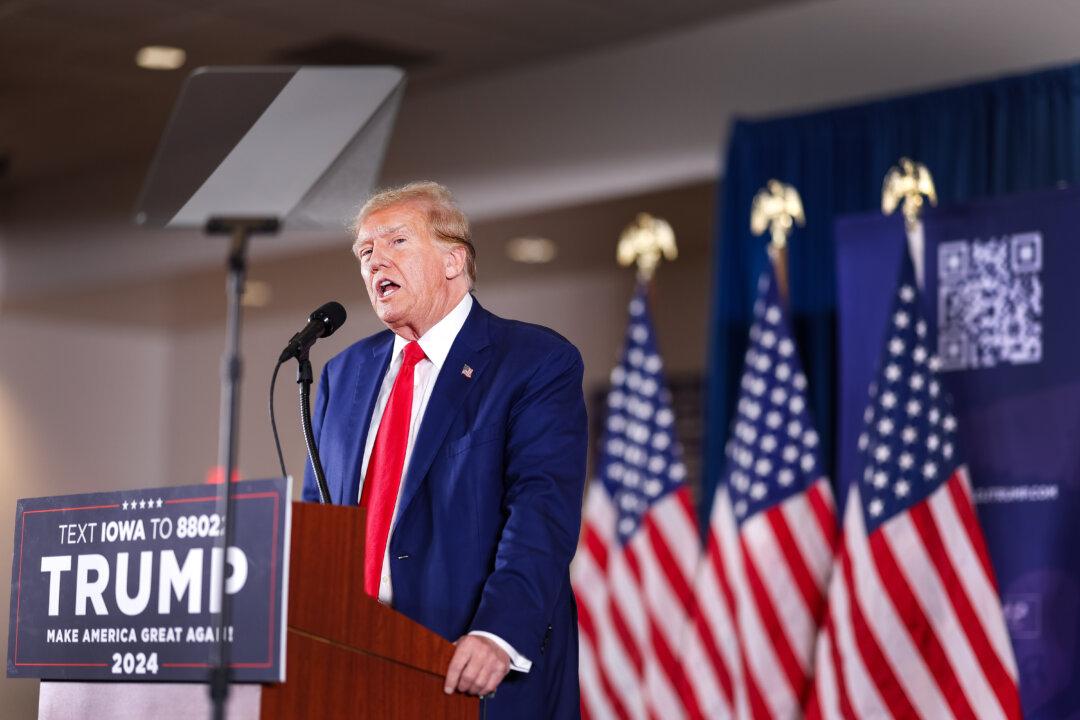A federal judge dismissed yet another challenge to former President Donald Trump’s eligibility as a candidate under Section 3 of the 14th Amendment, this time in South Carolina ahead of the state’s primary this month.
As a U.S. Supreme Court ruling regarding President Trump’s eligibility looms overhead, set to be issued in less than one week, President Trump is still litigating several ongoing challenges of this nature in state and federal jurisdictions.





